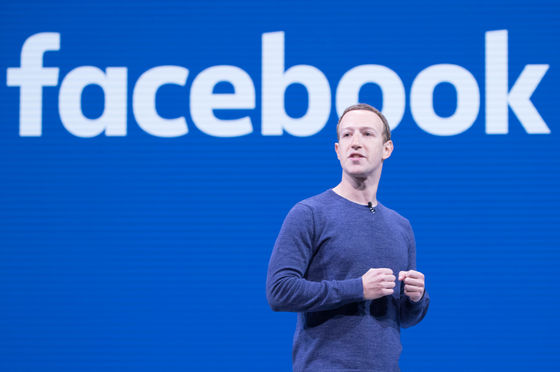Research confirms that lonely people tend to think and speak in unusual ways

Previous research has shown that lonely people
Loneliness corresponds with neural representations and language use that deviate from shared cultural perceptions | Communications Psychology
https://www.nature.com/articles/s44271-024-00088-3
Lonely individuals tend to think and talk in an unusual way, study finds
https://www.psypost.org/lonely-individuals-tend-to-think-and-talk-in-an-unusual-way-study-finds/
Timothy W. Bloom, a psychologist at Columbia University in the United States, and his colleagues conducted two experiments involving a total of 1,003 participants to test the hypothesis that lonely people form mental images that deviate from the commonly accepted consensus in society.
In the first experiment, 80 participants, with an average age of 20-21, were split into two groups and asked to rate the personality traits of themselves, acquaintances, and five famous people while their brain activity was monitored using functional magnetic resonance imaging (fMRI).
Evaluations of personality traits were collected by having participants indicate the extent to which adjectives applied to each person using a 5-point scale or multiple choice.
The celebrities selected were Justin Bieber, Ellen DeGeneres, Kim Kardashian, Barack Obama and Mark Zuckerberg, all of whom had been identified in previous studies as having high name recognition and cultural importance.

By
In the study, researchers compared participants' loneliness levels, as measured by the UCLA Loneliness Scale, with their brain scan data and found that lonely participants' brain responses while rating celebrities were less similar to those of the other participants than less lonely participants.
The results suggest that lonely people may have a different way of thinking about celebrities.

The second experiment involved 923 participants with an average age of 40 who were recruited online through Amazon's crowdsourcing service, Amazon Mechanical Turk.
In the experiment, participants were asked to describe in their own words how familiar they were with 10 famous pop culture figures, including Harrison Ford and Keanu Reeves, and then were given a measure of their affinity with each figure as well as an assessment of each celebrity's personality traits.
In this experiment, the research team conducted a text analysis of the participants' writings and found that the writings of participants who were more lonely tended to be less similar to the writings of other participants. They also found that lonely people were more likely to feel that their perceptions of famous people were inaccurate or that they were not shared by those around them.

'Our findings provide evidence of an association between loneliness and deviations from the zeitgeist regarding perceptions of celebrities - that is, common perceptions shared by a particular culture,' the team wrote in their paper.
Related Posts:
in Science, Posted by log1l_ks







